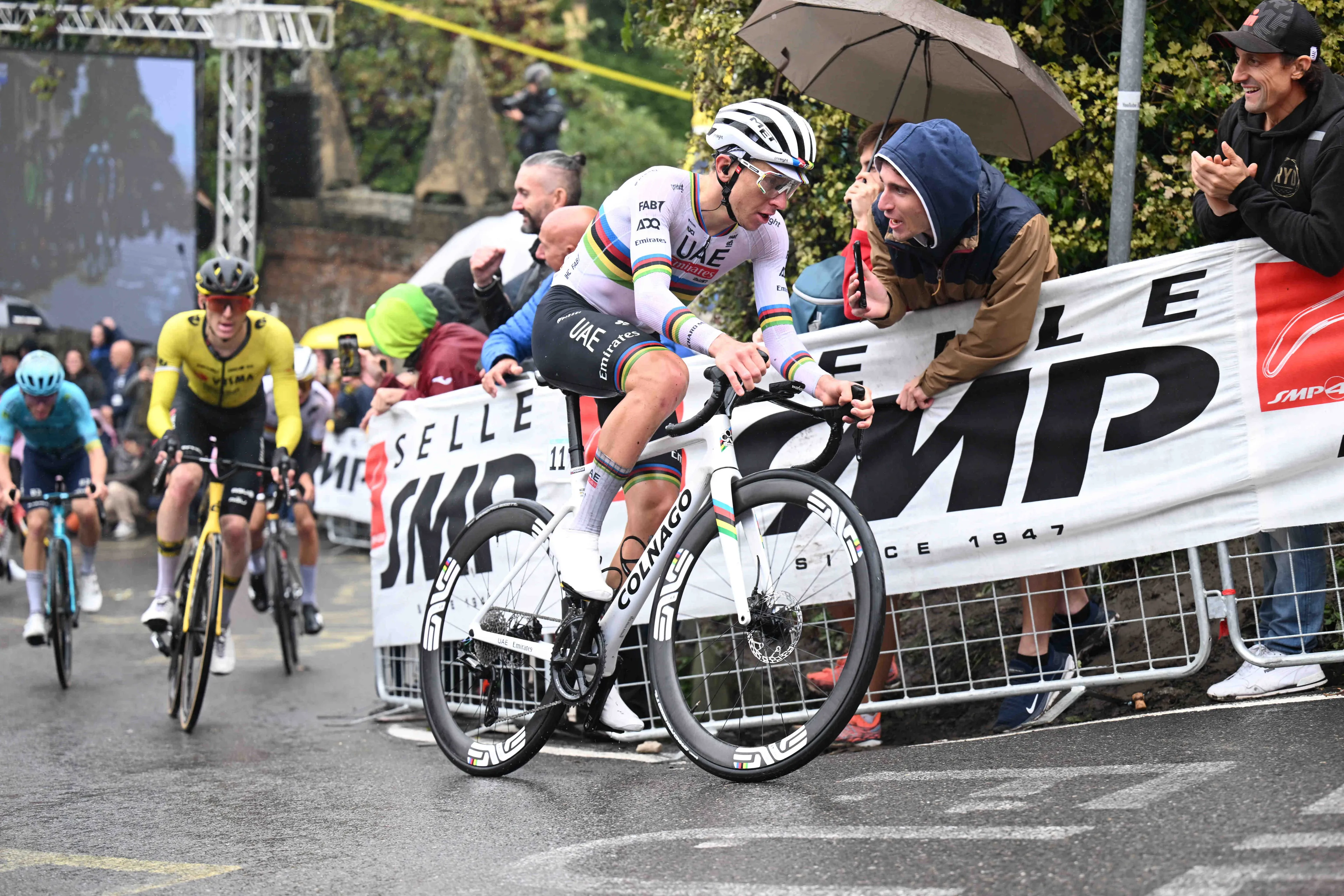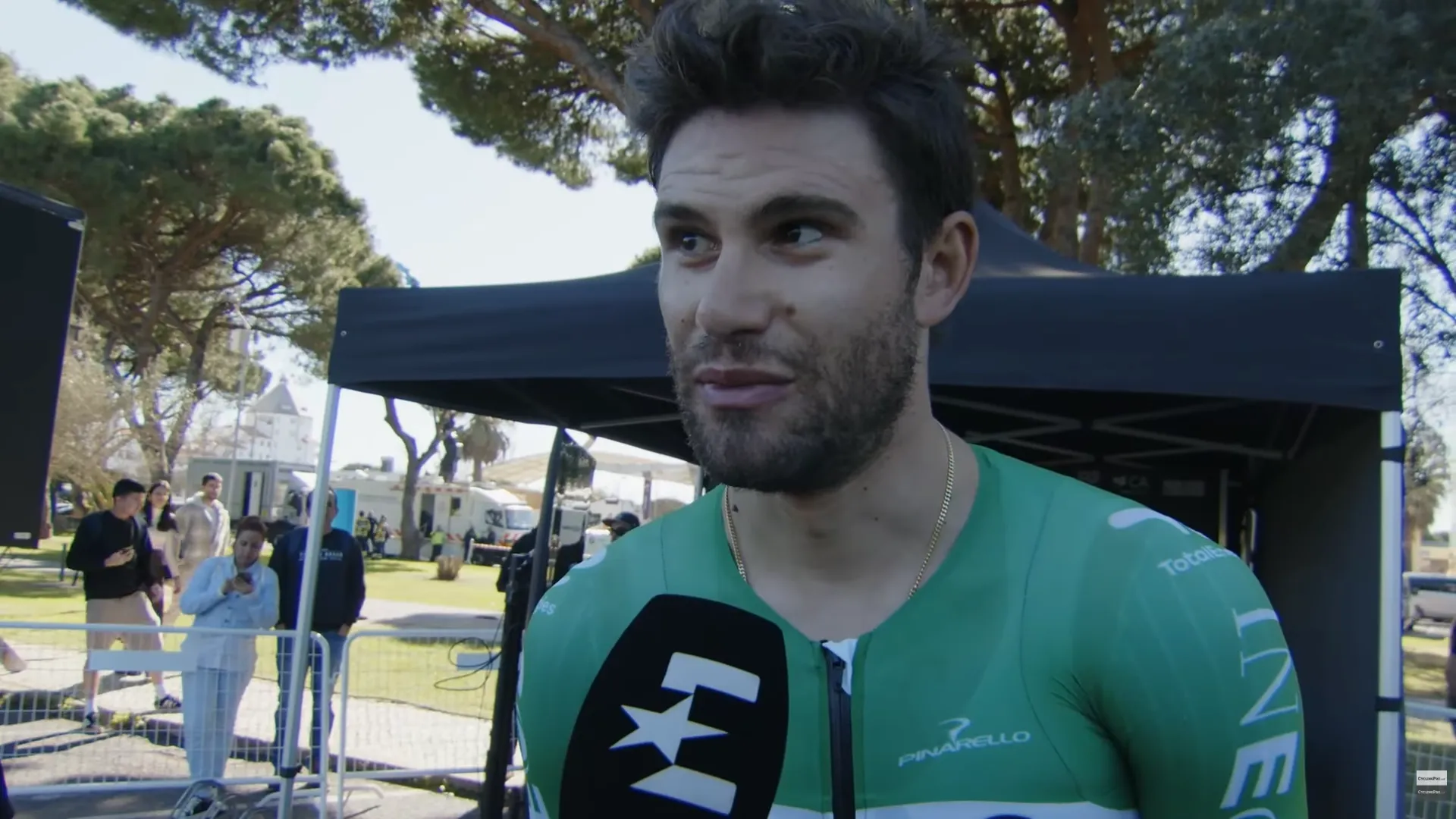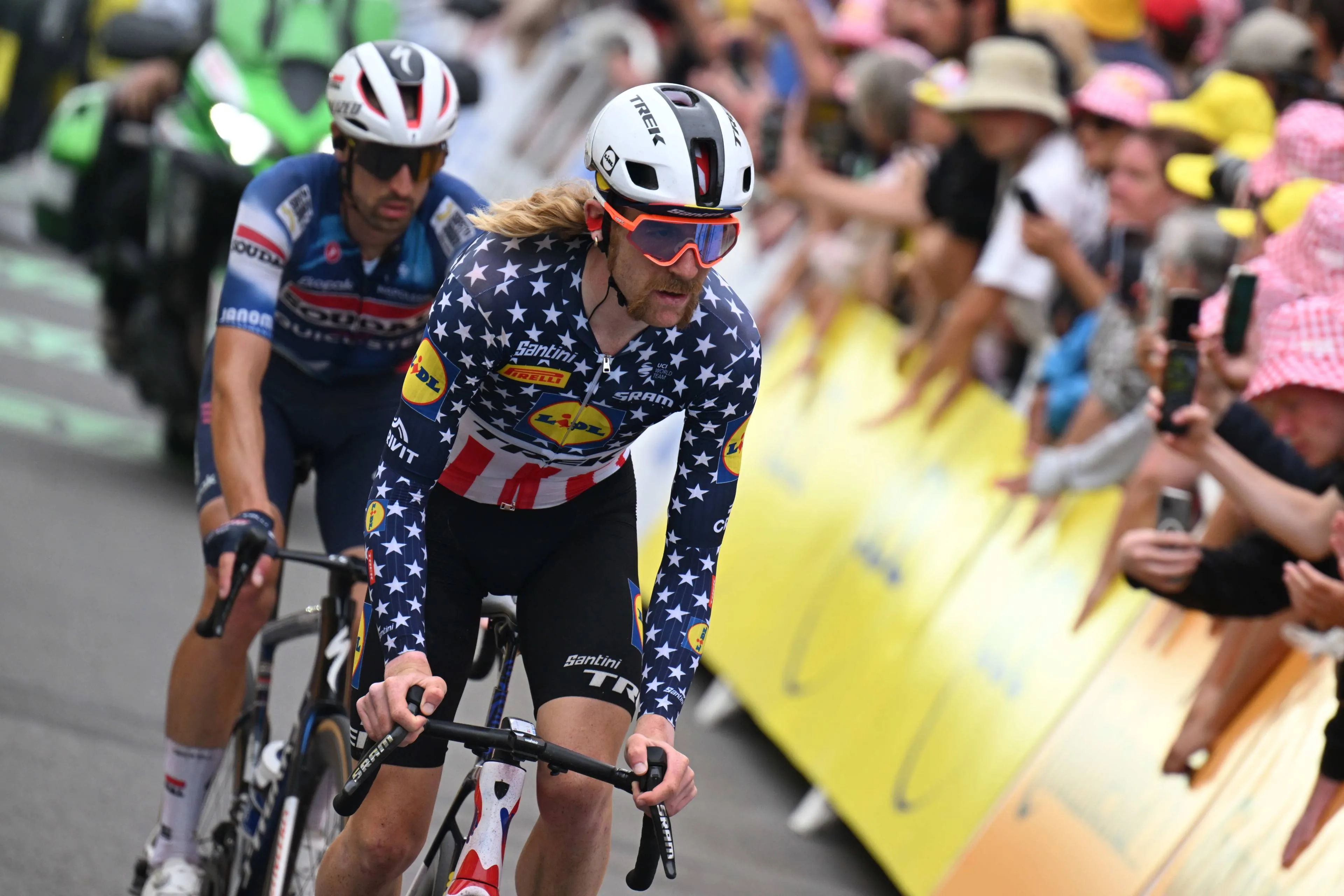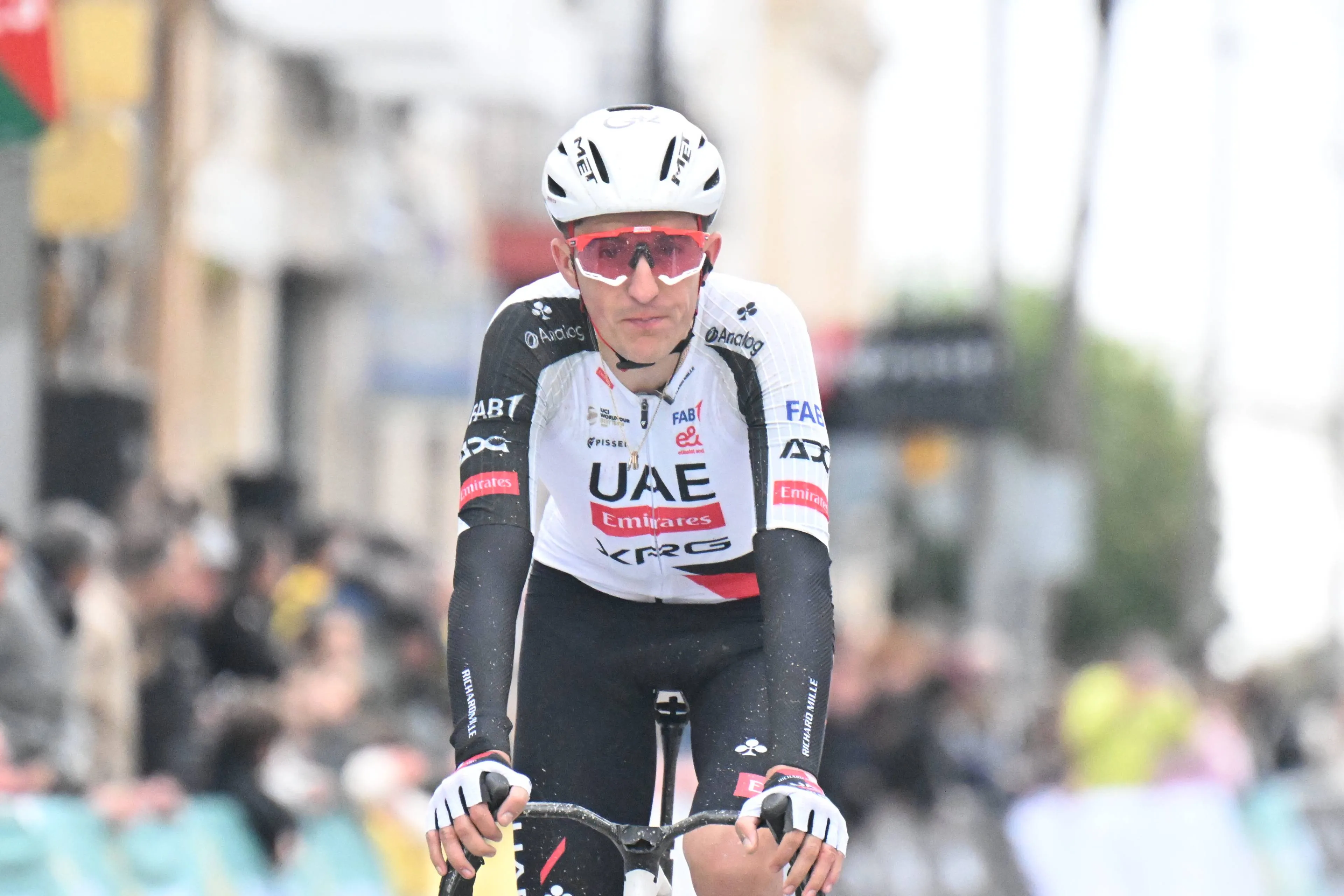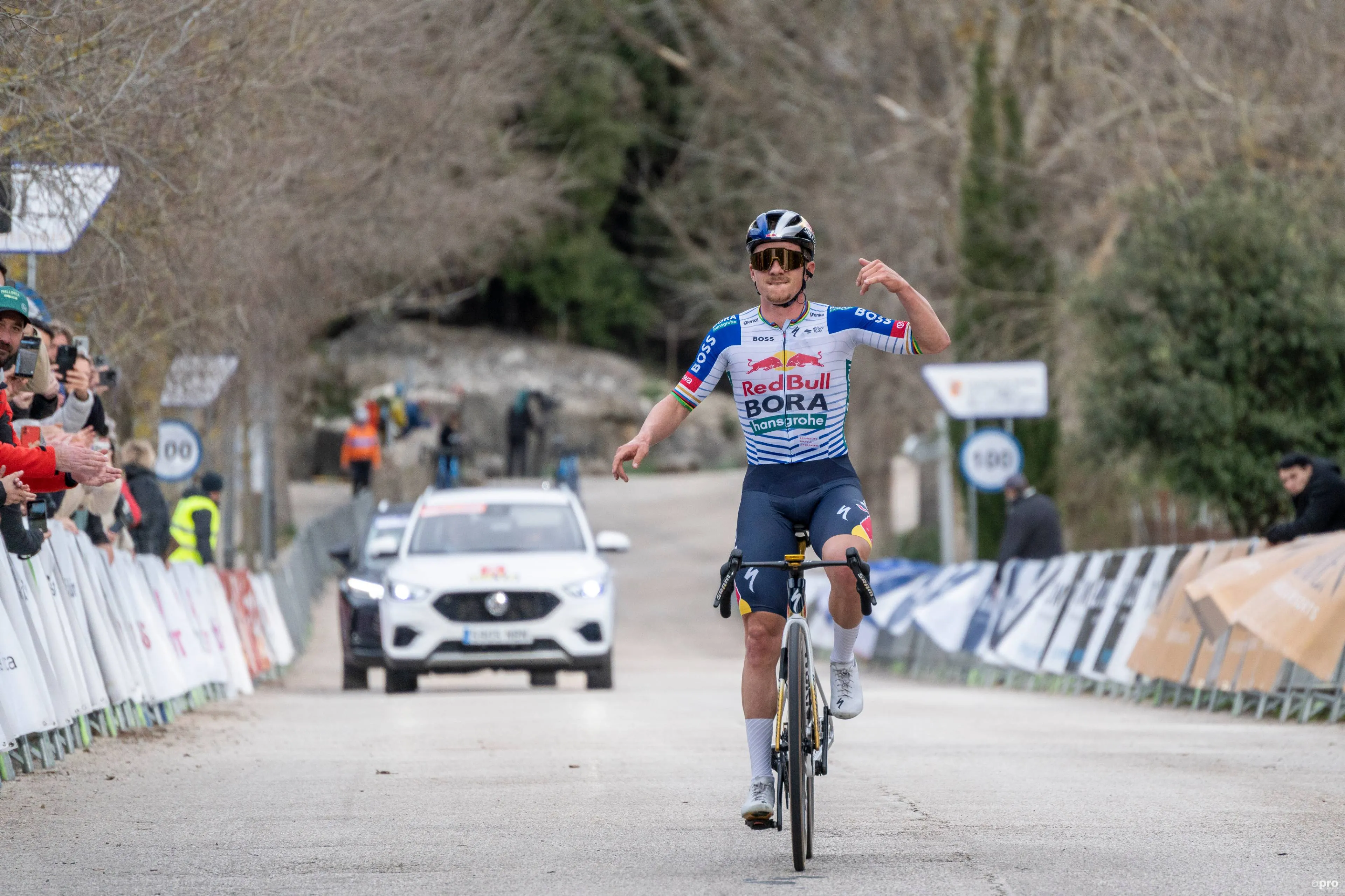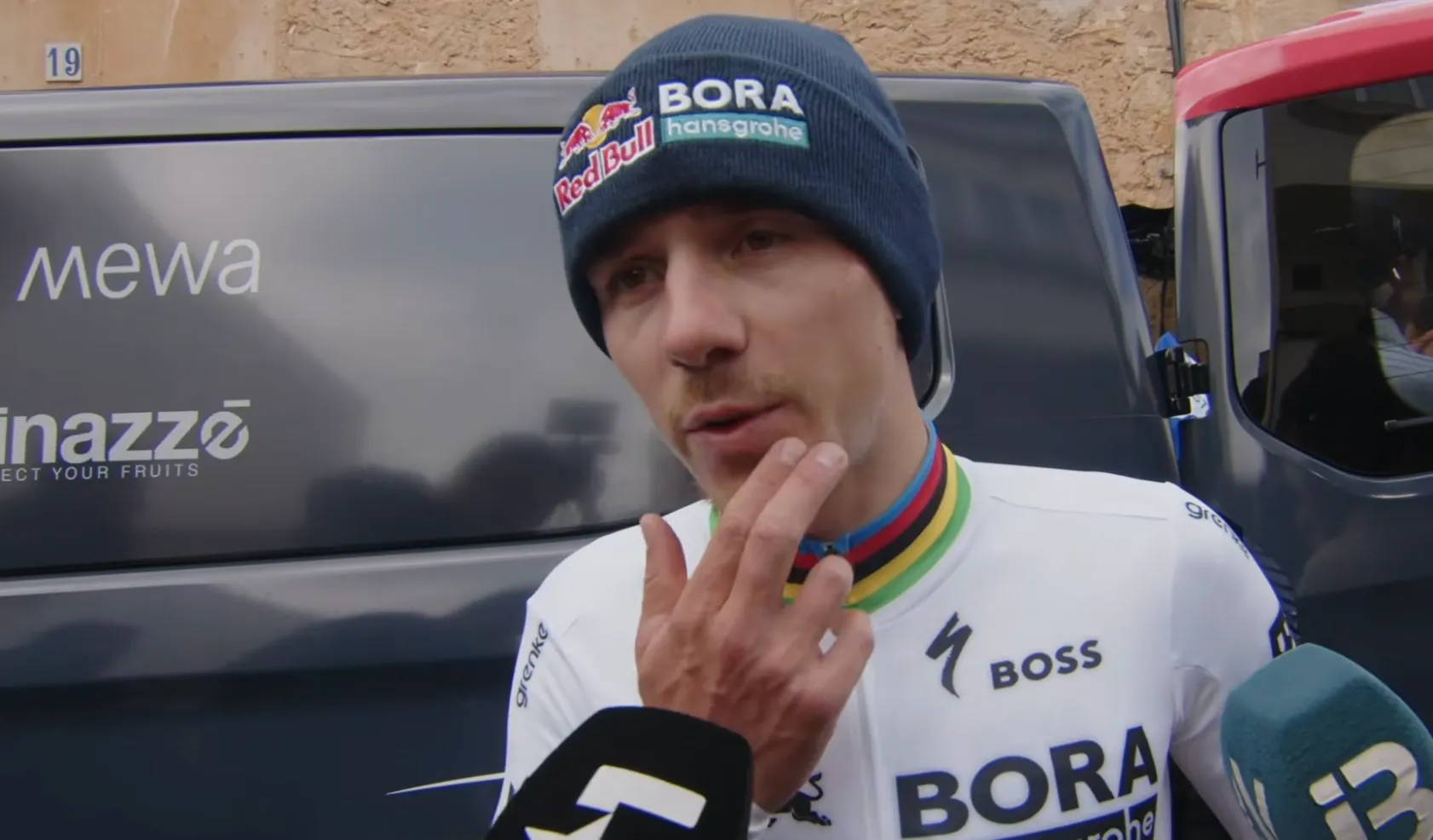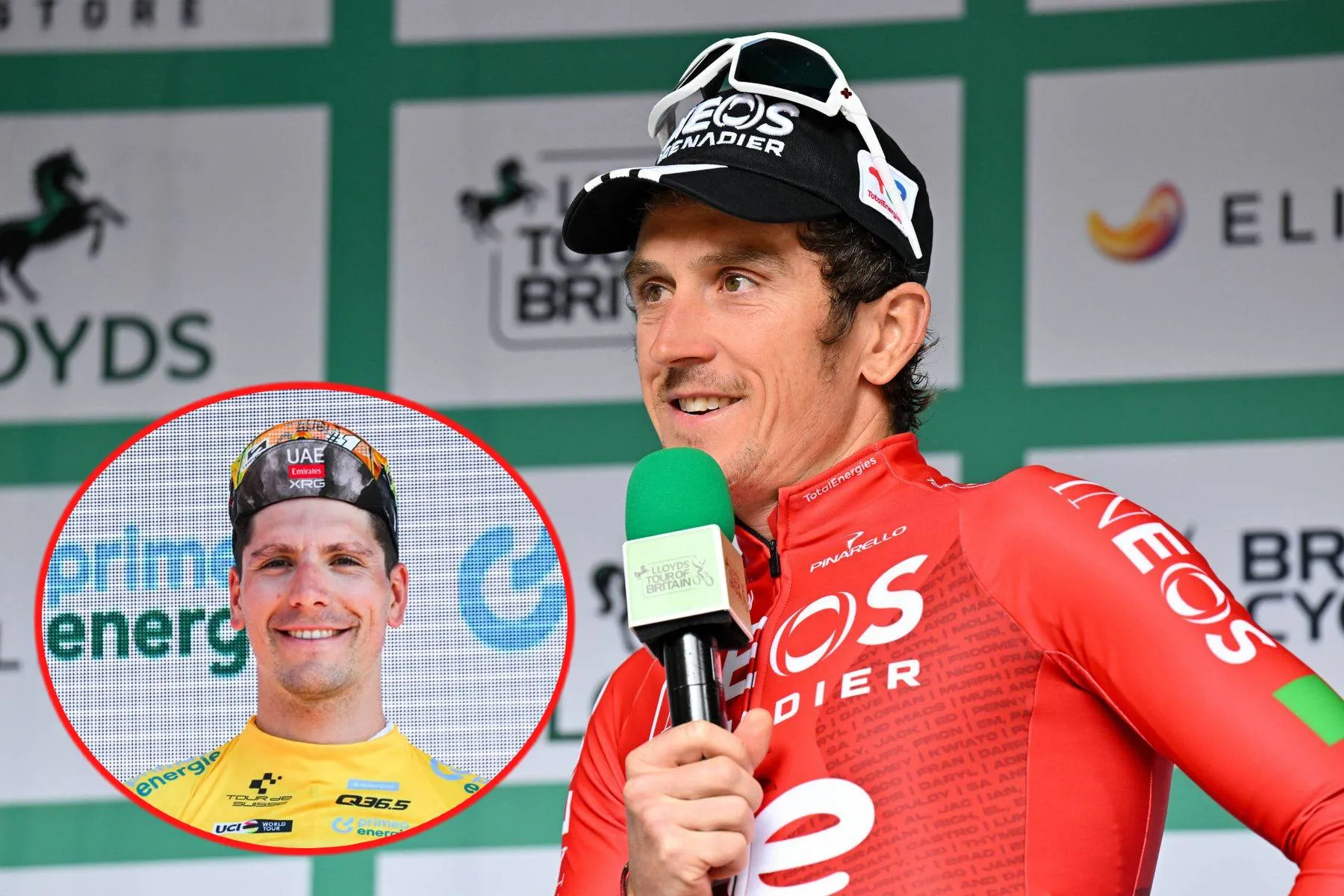Johan Bruyneel on Prudhomme and Lappartient's calls for slower speeds in cycling to improve safety - "I found it shocking to see the statements of those two leaders"
CyclingSunday, 01 December 2024 at 12:45
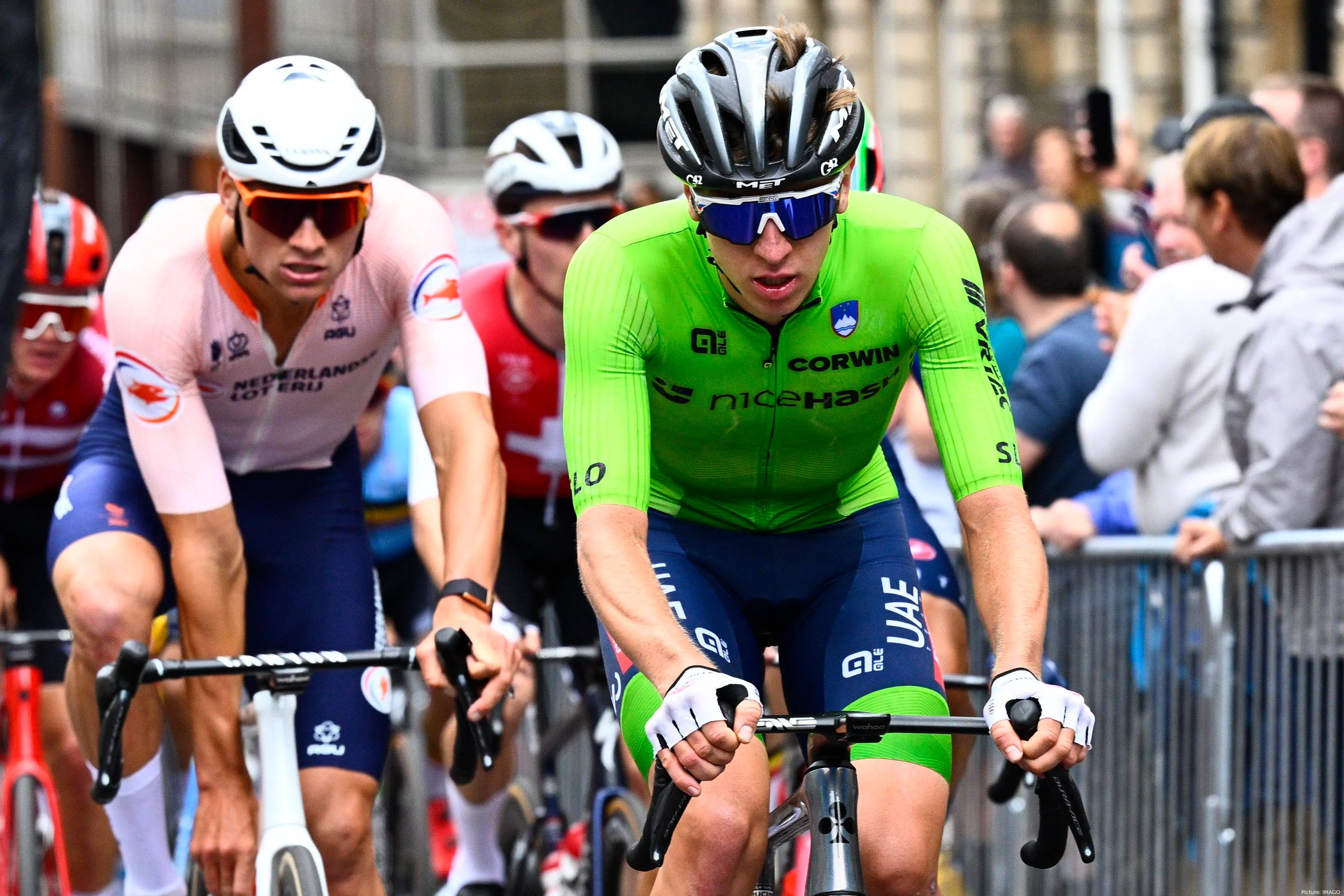
Over the past few months there has been more a conversation on how the increase of speed and tension in pro cycling is leading to more crashes and tragic accidents. Tour de France director Christian Prudhomme specially is worried about this, but it's not a situation that is likely to reverse. Johan Bruyneel and Spencer Martin have weighed in on this question.
On the most recent episode of 'The Move' podcast, the two have prioritized this very question. Whilst the increase in aerodynamics and performances lead to greater speeds, it is in most part the increasingly difficult and dangerous fights for positioning - both preparing for sprints or mid-stage that lead to this.
In recent years, more and more teams have begun focusing on every single detail about the races they take part in, which includes positioning for any dangerous descent, narrow point or climb. Most teams race alike, and this increase in tension combined with speeds has led to more mass crashes. Such cases this year such as the Itzulia Basque Country crash that involved Jonas Vingegaard, Remco Evenepoel and Primoz Roglic; or the Dwars door Vlaanderen fall which involved Wout van Aert, Biniam Girmay and Mads Pedersen - which have involved high speed - have had disastrous consequences.
Read also
Martin argued that it is very hard to avoid altogether dangerous roads in a sport where the norm are 200 kilometers of racing on public roads, "It gets more complicated where they have said 'this descent is too bumpy', I mean I guess you could write that to the pre-ride charter with whatever pre-ride organization this is", to which Bruyneel responded that "there's always going to be places that are more dangerous than others and that's always going to be the case. The crash in Basque Country was obviously because of the state of the road. The question is where they informed, and there's so much at stake that you don't want to break, you don't want to lose 10 positions in the downhill because then you'll never make it back to the front. It's not black or white".
The Belgian pundit has once again hit at the UCI throughout this podcast, and it was not an exception in this instance when tackling the 'slower speed' debate: "I found it shocking to see the statements of those two leaders of the sport of cycling, Prudhomme is the boss of the Tour, and Lappartient is the boss of cycling (UCI president, ed.)".
Read also
claps 0visitors 0
Just in
Popular news
Latest comments
- Mediocre TT for Almeida relative to his usual. Seixas definitely proving he is the real deal here.mobk20-02-2026
- It does not take a genius to know that the intended recipient is Soler but again evidence is circumstantialabstractengineer20-02-2026
- The aircon in his room was not working but it was working in the other teammates rooms right. The team would give the lesser rider that room while Remco their leader, their savior slept peacefully in the arms of the aircon. Sometimes the excuses beggar beliefabstractengineer20-02-2026
- Top 6-10 for him is more realistic than podium but well see if he can stay on the favourites atop double Alpe d'Huez ascent.
 James2631820-02-2026
James2631820-02-2026 - I was going to post the same comment. He just can’t catch a break.Pedalmasher20-02-2026
- Totally agree. This kid has a bright future.Pedalmasher20-02-2026
- The thing is, he never has to worry about his career because he can spend the rest of his life living rent-free in your head.antipodeanpedalfan20-02-2026
- That's true, but you can't count out a resurgence from him later like Vingegaard did in 2025 (although he was 10 seconds behind, not 30)
 Rafionain-Glas19-02-2026
Rafionain-Glas19-02-2026 - Lipowitz ddn't really keep up to the big boys today either.....mobk19-02-2026
- Yes, the guy is no fluke. Even if he fails to improve over the next 15 years he’ll do damage. That young blood is going to keep the establishment working hard.Mistermaumau19-02-2026
Loading
Write a comment

